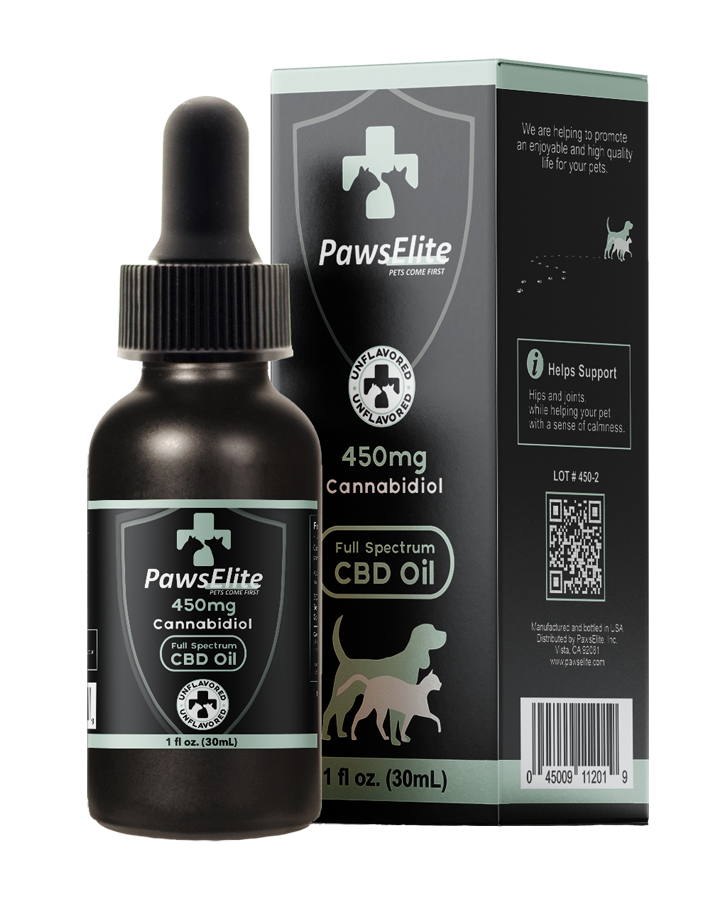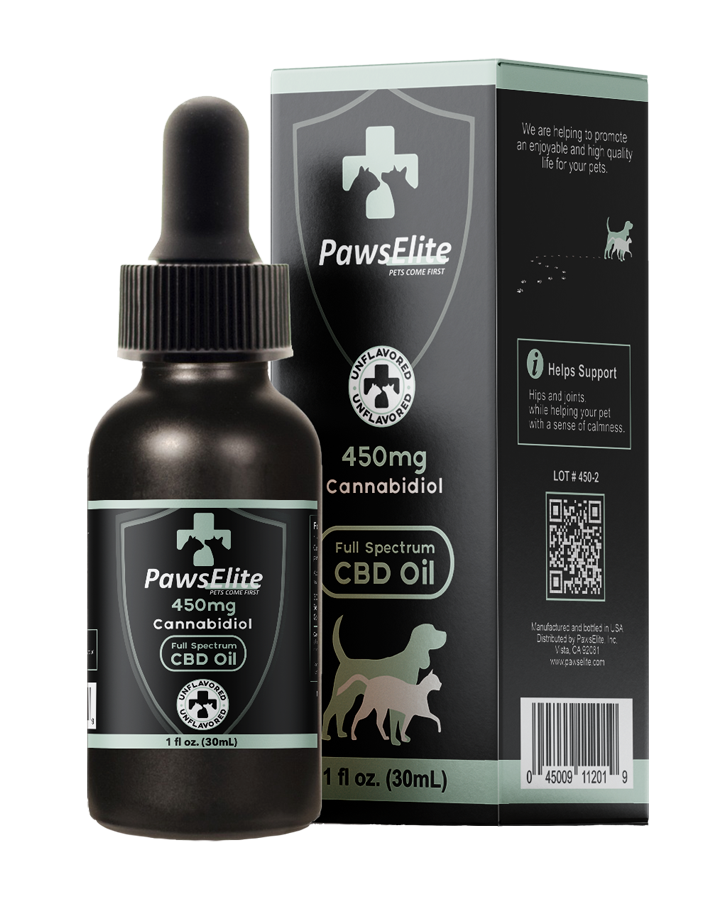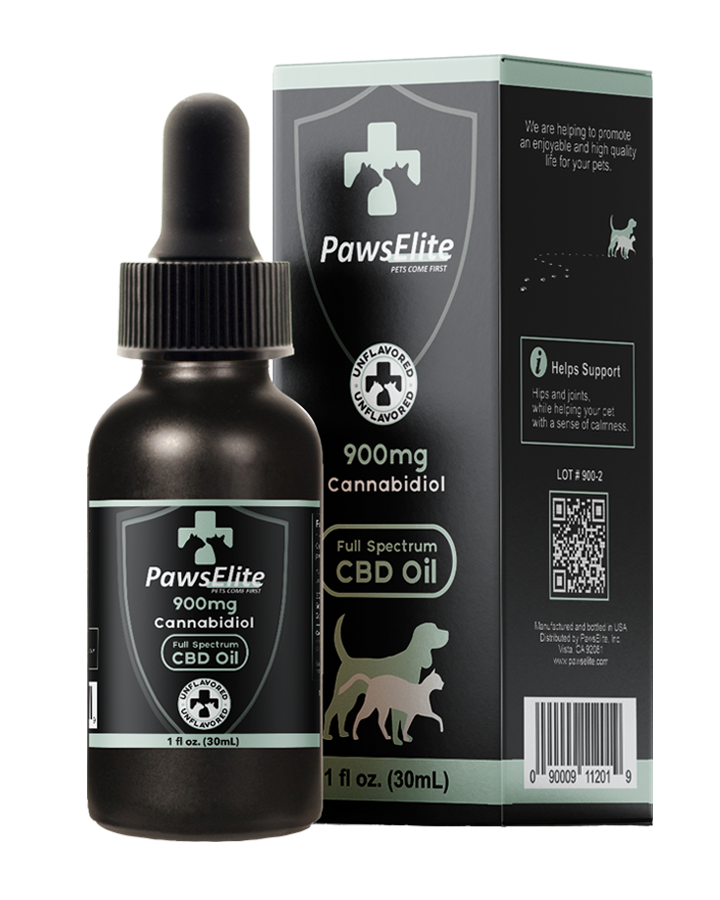
Puppy Power: The Importance of a Nutritious Diet for Growing Pups
Share
Raising a puppy is a journey filled with tiny paw prints, infectious energy, and an endless amount of love. From their inquisitive eyes to their playful antics, puppies bring a burst of joy into our lives. But as they frolic around our homes, their growing bodies silently plead for something vital: the right fuel.
Nutrition isn't just about filling their bellies; it's the foundation of their future, shaping their health, vitality, and even the twinkle in their eyes. When we venture into the world of puppy nutrition, we're not just choosing a bag of dog food; we're setting the course for our furry friend's life.
Key Nutrients for Puppies and Why They Matter
From canine diarrhea to malnutrition, the consequences of a poor puppy diet can be both alarming and distressing. Understanding the fundamental nutrients essential for their growth can make the journey smoother. Here's a breakdown of what your puppy needs most and why:
Protein
This is the building block of life. For puppies, protein is crucial for the development of healthy muscles and tissues. It fuels their playful activities and supports their rapid growth rate. Sources like chicken, beef, fish, and lamb are rich in high-quality proteins that puppies thrive on. Some breeds need it more than others. For instance, according to AllThingsDogs: Texas Heeler, this breed is known for being highly active, which necessitates the need for protein to fuel them.
Fats
Contrary to some beliefs, fats are not the enemy. Especially for puppies, they play an instrumental role in brain development and provide the energy needed for their active lives. Essential fatty acids, like omega-3 and omega-6, also contribute to a shiny coat and healthy skin.
Calcium and Phosphorus
Just as milk is vital for human babies, these two minerals are crucial for puppies. They support bone formation, ensuring that your pup grows with a sturdy skeletal structure. An imbalance, however, can lead to bone abnormalities, so it's vital to ensure they get just the right amount.
DHA (Docosahexaenoic Acid)
This omega-3 fatty acid is pivotal for cognitive development and eye health. DHA helps in brain and vision formation, ensuring your puppy is not only physically agile but also mentally sharp.
Vitamins & Minerals
Just as they sound, these are vital for a puppy's overall vitality. From supporting a robust immune system to ensuring proper metabolic functions, vitamins like A and E and minerals like zinc and iron play diverse roles in a pup's health.
The Dangers of Overfeeding and Underfeeding
The misconception of associating a chubby puppy with health can be harmful. Overfeeding can quickly lead to obesity, even while they're young. This excess weight places unnecessary strain on their developing bones and joints, potentially leading to orthopedic issues like hip dysplasia. Additionally, obesity in puppies can set the stage for a host of health problems in adulthood, including diabetes, heart disease, and a reduced lifespan. Moreover, overeating in a single sitting can lead to bloating. Pups like the great dane mastiff mix dog breed can be especially prone to such a potentially life-threatening condition where the stomach fills with gas, putting pressure on other organs and possibly leading to gastric torsion.
At the opposite end of the spectrum, underfeeding deprives puppies of the vital nutrients they need for growth and development. Malnourished puppies may exhibit stunted growth, a weakened immune system, and decreased energy. This lack of nutrition can also impede their cognitive development and make them more susceptible to illnesses.
Finding the right balance is crucial. Regular check-ins with a veterinarian can help assess whether your puppy is on the right track, weight-wise. Moreover, paying close attention to feeding guidelines on pet food labels and adjusting based on your puppy's activity level can ensure they get just the right amount they need to flourish. Remember, it's not just about the quantity but also the quality of what they consume.
Navigating the World of Puppy Foods
The aisles of pet stores present a bewildering array of choices when it comes to puppy food. From colorful packaging to compelling marketing claims, it's easy to feel lost. Here's a guide to help you navigate through the maze and ensure only the best for your growing pup.
Types of Puppy Food
- Kibble/Dry Food: Easy to store and often more affordable, kibble can be a good option if it contains high-quality ingredients.
- Wet/Canned Food: Typically more palatable and higher in moisture, it can be a good addition to dry food or served on its own.
- Raw/Barf Diet: Advocates argue it's closer to a dog's natural diet. However, it requires careful handling to avoid bacterial contamination.
- Home-cooked Meals: Allows for customization but requires deep knowledge to ensure all nutritional needs are met.
Reading the Labels
- Ingredients: The first few ingredients listed are the most prevalent. Look for whole meats or meat meals as primary ingredients.
- Fillers and By-products: Avoid foods with excessive fillers like corn, wheat, and soy. While some by-products can be nutritious, it's best if the source is clearly identified.
- Guaranteed Analysis: This section provides a breakdown of protein, fat, fiber, and moisture content. Ensure it aligns with your puppy's dietary needs.
Consulting Experts
Your veterinarian or a pet nutritionist can provide tailored advice based on your puppy's breed, size, activity level, and any specific health concerns.
Switching Foods
If you need to change your puppy's diet, do it gradually over a week to prevent digestive upset. Start by mixing a small amount of the new food with the old and gradually increase the proportion.
Wrapping Up
Embarking on the world of puppy nutrition might initially seem daunting, but with the right information and guidance, it becomes an enriching journey. Ensuring a balanced, nutritious diet for your young canine companion is more than just fulfilling their hunger—it's an investment in their future health, vitality, and well-being.







